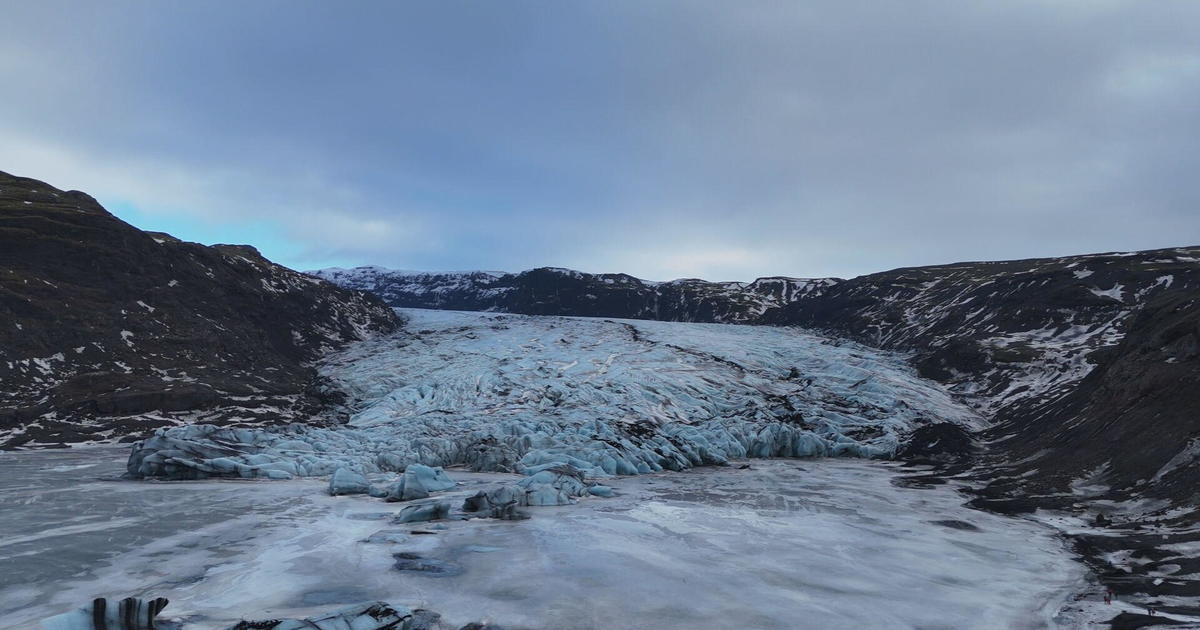Moderate Drought Declared In Much Of Massachusetts
BOSTON (CBS) - The lack of heavy snow or rain from our record warm and dry winter is causing river levels to fall at an alarming rate for this time of year.
"Most of the stream gauges on the Neponset are seeing some of the lowest levels ever recorded. Several of our stream gauges go back more than 70 years," says Ian Cook, Executive Director of the Neponset Watershed Association.
"We are at about a third of the flow from where we should be," says Roy Socolow. "That seems to be the case for the vast majority of rivers in the state."
Roy Socolow is a hydrologist for the US Geologic Survey. They continuously monitor the state's rivers with a network of over 100 stream gauges in Massachusetts. Eighteen of the rivers are running at record low levels.
"Typically, March, April and May are the recharge periods with snow-melt and rainfall. This time were are not recharging. We are actually going in the opposite direction. That is a bit disconcerting," says Socolow.
The Assabet River in Maynard is running about a foot below normal for this time of year. That is a river flow level more typical for late June. Because of these dry conditions, much of Massachusetts has been declared to be in a moderate drought.
Records from the Blue Hill Weather Observatory go back to 1885. Observer Bob Skilling has been taking observations of the weather for 60 years. He says, "This January through March 2012 is the driest start to any year on record, with only 6" of total precipitation." Most areas in southern New England are running about 6-8" below normal.
The National Weather Service says the window may be closing on our chances for getting the kind of rain we need. "In order to ease this short term we are in we really need rainfall amounts with several events of 1-2" over a 18-24 hour period," says Hydrologist Ed Capone.
In the past year, we have gone from flood to drought. We are still reaping the benefits of last years heavy rain and snow. Most reservoirs and major watersheds are still full. The next concern is the oncoming "Green Up" as vegetation will be evaporating more moisture, allowing the groundwater table and river levels to continue to decrease moving into the growing season.
Experts agree if this dry pattern continues, widespread water restrictions will be in place this summer.



